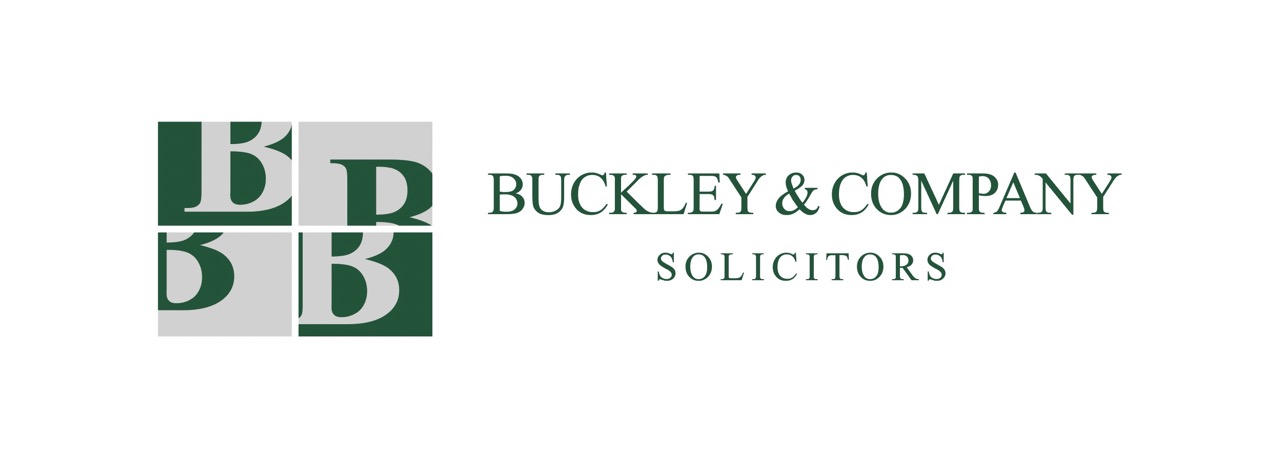Do you need assistance with property tax advice? Taxation and property can be a tricky number for most, luckily we have a proven history of advising and guiding our clients through the legal stages and the fees involved in purchasing property. This can be for either residential or commercial purposes.
Property Tax takes the form of several taxes or fees (payable depending on the value of the property that has been purchased) on the land on which it is situated and whether the buyer is purchasing the property for the first time or for commercial use.
A property used for commercial use may be rented out by the purchaser for business or accommodation purposes, or used as their own business premises.
What is Stamp Duty?
Stamp duty is a tax you pay to the government when you buy property or land. It’s like a fee for transferring ownership from the seller to you. It’s an important part of the paperwork involved in the buying process. However, this is now an online process, and the amount to be paid is decided on the value of the property.
Buckley and Company Solicitors calculate the rate of stamp duty owed by you, and we obtain this from you before the close of the sale. The latest Stamp Duty rate was set in 2010 and is calculated at 1% of the residential property value.
Stamp Duty rates for commercial property, land or housing sites without residential buildings is calculated at 2% of the market value of the property.
Other Property Fees and Taxes
Finding out what other taxes and fees are involved in purchasing property can seem a daunting task. If you decide to purchase a building or a piece of land, it is best to approach a solicitor before you approach the bank, so that you are aware of all the costs that may be involved.
Deed Registration Fee: this relates to the registration of the title deed to the property, which we will investigate on your behalf and provide the right advice.
Planning and Land Registry Searches: the land registry is now online, so it is easier to check the history of ownership of a piece of registered land. To ensure legal accuracy, it is still best to work with a solicitor.
In the case of an unregistered piece of land, we will secure your ownership of it after the necessary documents have been put in place. For freehold unregistered land, a deed of conveyance transfers the land into your possession. For leasehold unregistered land, a deed of assignment is required to secure the land in your possession.
The fees associated with this include land registry searches, copies of the deed, and commissioners’ fees.
VAT: Buckley and Company Solicitors will advise you on the relevant VAT payable on purchased properties. The rules vary depending on whether the property is new or second-hand, and the rate varies depending on whether the property is to be used for residential or commercial purposes.
Property Tax Implications for the Seller
If your property has been used for commercial purposes, it is regarded as an “asset” and any profit made on its sale is therefore regarded as a taxable income, for which you must pay Capital Gains Tax (CGT). Buckley and Co. Solicitors will advise you on qualifications and exemptions from Capital Gains Tax.
For example, if the property you are selling has been your main place of residence (or of a dependent relative), any profit made from selling the property is not liable for a CGT payment. Another exemption relates to profits divided from the sale of a property between two divorcees or separated common-law partners.
The standard rate of Capital Gains Tax is 33%, and it is paid with the relevant Capital Gains Tax payslip, to the Collector General’s Office in Limerick. We can help you to decide if you are required to pay this tax, and will calculate how much you owe if you do qualify for CGT.
Visit our contact page to speak to a member of our team today.

